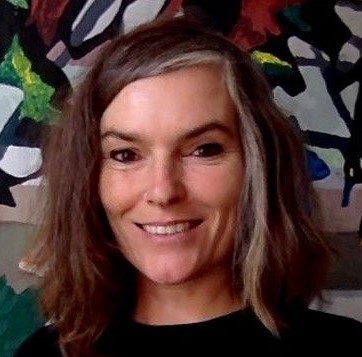
RESEARCH In this “Humanities Lab”, In Vivo introduces you to a research project from the Institute of Humanities in Medicine (IHM), Lausanne University Hospital (CHUV), and the Faculty of Biology and Medicine at the University of Lausanne (UNIL).
The General Directorate for Healthcare (DGS) of the canton of Vaud has recently mandated the Institute of Humanities in Medicine to conduct historical research on the day-to-day management of the Covid-19 pandemic by the Swiss healthcare authorities. Led by historians Christel Gumy and Vincent Barras, this study examines the anatomy underlying decisions, communications and other factual data used to navigate the period from early January to late April 2020.
Rigorously documenting the facts, and placing them in their specific political and legal environment, helps to produce an in-depth description of this crisis period and to stand back to gain a critical perspective. This will in turn aid in better understanding these times of instability, acceleration and uncertainty, from both an epidemiological and political standpoint.
“This research into immediate history allows us to create a narrative based on a range of data and
graphics, often without captions,” explains Christel Gumy, who holds a doctorate in the history of science from UNIL. Interviews with the key figures involved in managing the crisis (cantonal doctor, Director of the Swiss Federal Office of Public Health, etc.) will complete this snapshot, giving life and meaning to the factual data.
Ethics also comes into play. The Swiss Academy of Media Sciences has recently funded a research project on the ethical aspects of the political response to the pandemic, and more specifically the use of digital health data (SwissCovid). The programme is supervised by Caroline Brall from the University of Zurich, and Ralf Jox of the IHM is also participating.
The experience of the pandemic has also prompted numerous research projects at Unisanté, which draw on the humanities and social sciences in medicine. Other studies include those of Ingrid Gilles and Isabelle Peytremann-Bridevaux on the general public’s understanding and beliefs relating to Covid-19 and the experience of healthcare professionals, research by Joan-Carles Suris and his colleagues on the experience of teenagers and their parents during the pandemic, and the SNSF project led by Nolwenn Bühler, anthropologist and associate researcher with the IHM, under the supervision of Patrick Bodenmann and Murielle Bochud, on the daily Covid-19 experience through the prism of living conditions of highly vulnerable populations in the canton of Vaud.
As it exacerbates, to varying degrees, the risks of social, psychological and economic difficulty for all individuals, the pandemic crisis is mobilising actors in humanities in medicine, in Lausanne as elsewhere.

Historian of science and medicine, associate researcher at the IHM.